
Should I Wash My Jars Before Filling them?
Customers often ask if they should wash their canning jars or candle jars before filling them. In our continuing series of Frequently Asked Questions, we are discussing if your jars need to be washed before you fill them.
The short answer:
Yes, always wash your canning or candle jars before using them – whether they are bulk canning jars or ones in retail packaging.
Why should you always clean jars before filling?
When glass jars leave manufacturing plants, they aren’t sterilized. Glassware arrives at Fillmore Container in cardboard cases. Some glass manufacturers place jars mouth down in cardboard cases. Other glass manufacturers place jars mouth up. The stacking pattern also varies among manufactures and some stack cases upside-down. Most food glassware comes to us in cases that are not taped or sealed, which means that dust and debris can easily enter the unsealed cases and land in or on the jars.
The goal of cleaning your jars is to remove any contaminants or mould release agent that might impact the safety of your product, or interfere with adhesives used in your process.
What is the best way to clean canning jars?
The method or degree of cleaning will vary depending on your process.
Commercial Food Packers
If you are using your jars for a business and have a commercial food product, many commercial food manufacturers use a blast of air to remove any debris. When sterilization can be achieved during the canning process, blasting the jars with air to remove debris is sufficient. Another way to clean the jars is to sanitize them in a commercial-grade dishwasher.
Home Canners
If you are a home canner we suggest running your canning jars through the dishwasher to clean and preheat them. You can also place the empty jars in the water bath before filling. Place the jars right-side-up on a rack in your waterbath canner and bring the water to a boil for 10 minutes. When you are ready to fill the jars, remove the jars one at a time, carefully emptying the water back into the canner. This will keep the hot water in the canner so it’s ready to process your filled jars. Certainly, you could always hand-wash your jars as well. If you hand-wash, it’s a great time to inspect jars for chips or cracks.
We also have a post on when sterilizing jars if it is needed prior to use.
Candle Makers and Crafters
Glass manufacturing facilities utilize a water-soluble mould releasing agent which protects the mould and the glass during the manufacturing process. This agent can be transferred to the glassware. While the expectation is that it isn’t harmful, it is also expected that the glassware is cleaned prior to use. Each manufacturer might not use the same agent, so it’s possible that adhesion may vary from one jar line to the next. We recommend at least wiping them out with a paper towel and a bit of rubbing alcohol to remove any dust or debris or if any mould releasing agent that may have transferred.
Regardless of where you glassware originates, we recommend cleaning and testing. This is especially important when using a new jar, a new version of a jar, or one from a different manufacturer.
Need more information?
Your local Extension office or the National Center for Home Food Preservation are great resources to help you learn more about cleaning or sanitizing your jars prior to filling.
You can find our line of canning jars, bulk canning lids & canning supplies here.
Follow Us On Pinterest
Find more canning and preserving tips on our Pinterest boards.
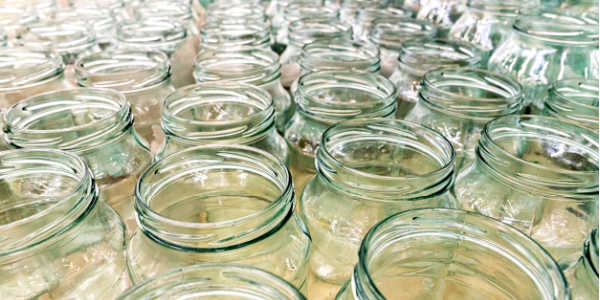
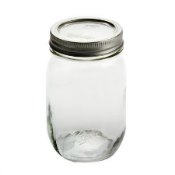
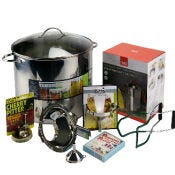
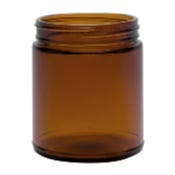
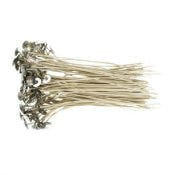

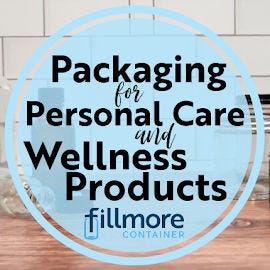

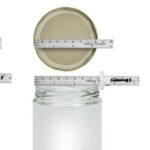

0 Comments